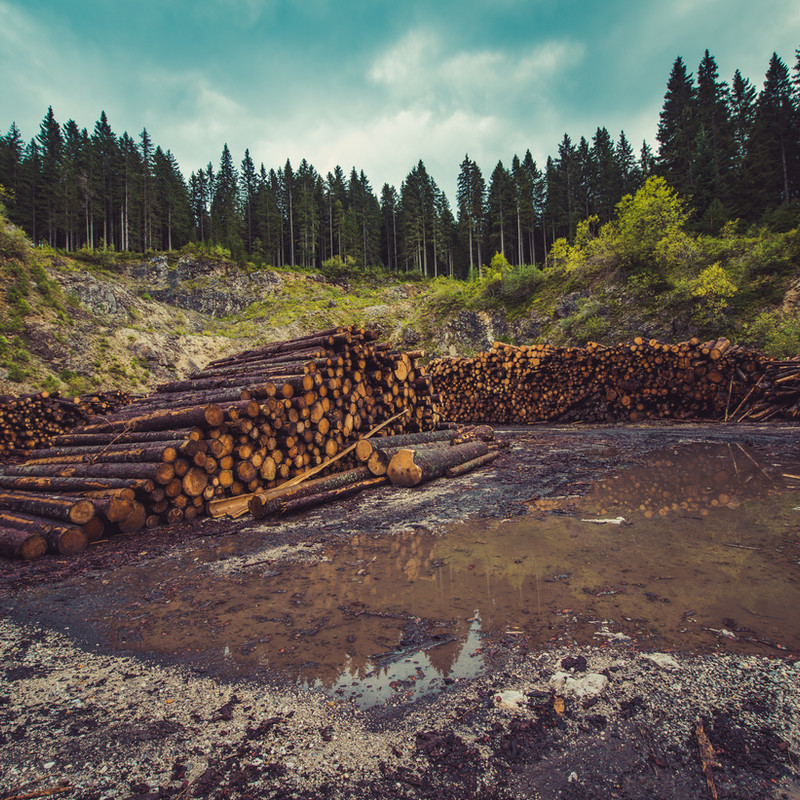Illegal logging is a huge problem worldwide. It’s estimated that 15-30% of all timber harvested is done so illegally, costing governments and taxpayers billions of dollars each year in lost revenue. Not only is illegal logging devastating to local economies, it’s also terrible for the environment. Trees are a vital part of the global carbon cycle, and when they’re cut down illegally, it disrupts that cycle and contributes to climate change.
Illegal Logging in Developing Countries
Illegal logging is most prevalent in developing countries, where weak governance and corruption make it easy for loggers to operate without consequence. But developed countries are not immune to the problem. In the United States, for example, it’s estimated that 10-20% of all timber imported from Brazil is illegal. In Brazil, the government has created a new task force to combat illegal logging. The task force, which is comprised of federal police, environmental agencies, and military forces, will work to identify and prosecute illegal loggers.
The continuation causes immense damage to both the environment and the economy. It’s time for developed countries to take action by working with developing countries to strengthen governance and increase transparency in the timber trade. This will help ensure that only legal, sustainably-harvested timber is traded, and that illegal loggers are brought to justice.
Combatting Illegal Logging
There are a number of ways to combat illegal logging, but one of the most effective is simply to buy wood products that come from sustainably managed forests. When consumers demand sustainable wood products, it sends a signal to the marketplace that there’s a demand for these products. This, in turn, encourages more companies to source their wood responsibly. You can also help combat illegal logging by supporting organizations working to stop it. These organizations work at the local, national, and international levels to promote sustainable forestry practices and combat corruption.
Carbon Offsets
Carbon offsets can also fund anti-illegal logging initiatives. Carbon offsets are a way of offsetting your carbon footprint by investing in projects that reduce emissions elsewhere. One example of a related carbon offset project is the Congo Basin Forest Fund, which invests in projects aimed at reducing deforestation and forest degradation in the Congo Basin region of Africa.

